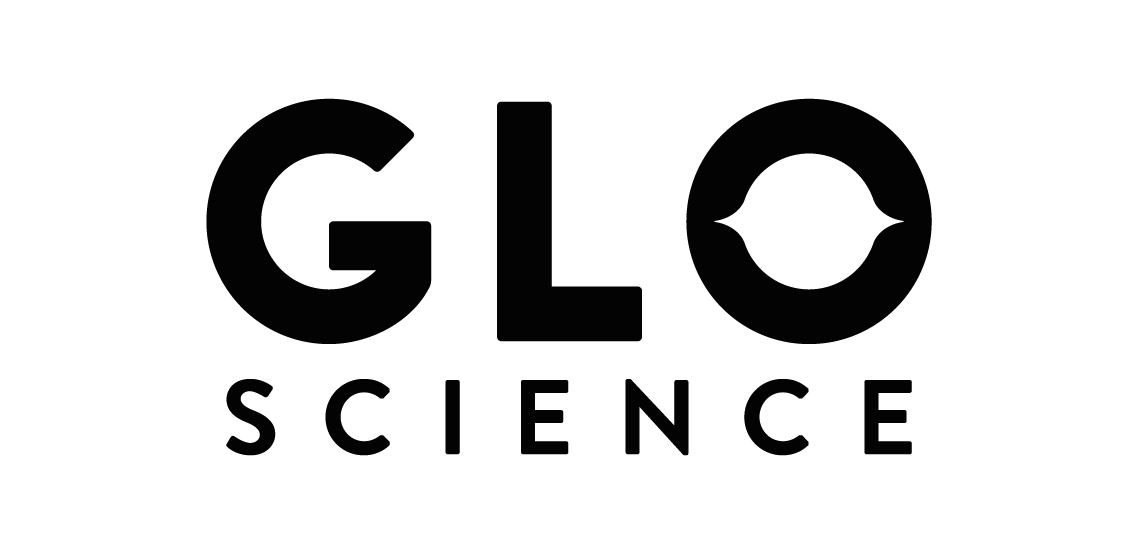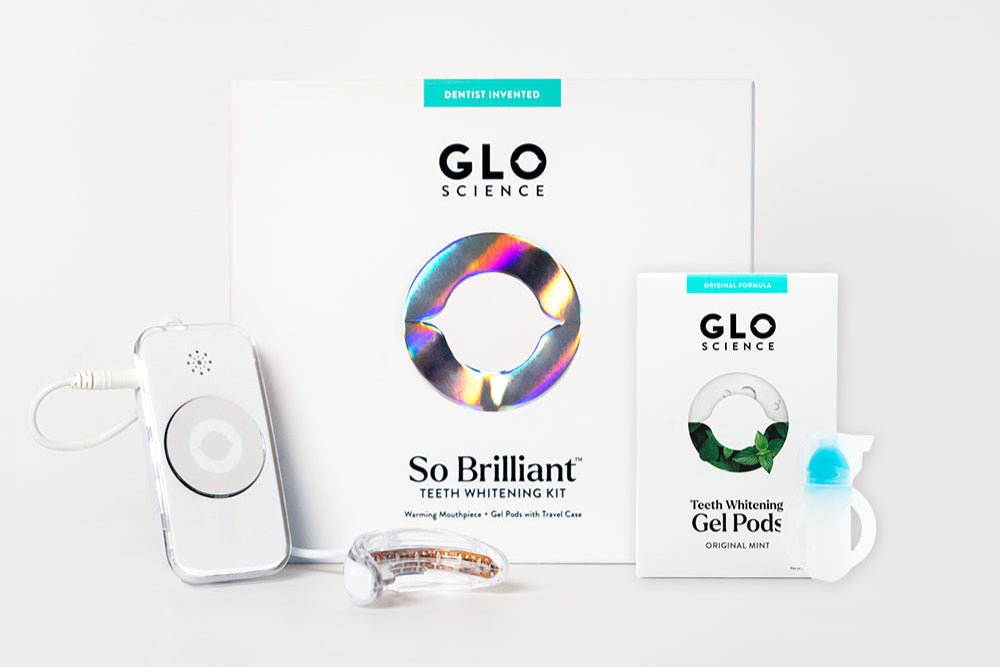Being vegan has more to do with overall health than simply not eating meat. Veganism is a lifestyle choice that incorporates a plant-based diet full of fruits and vegetables, using dairy alternatives like coconut and almond milks, and it also means staying away from animal derived products to not only protect the environment, but to live a cruelty free life. So when it comes to vegan teeth whitening and getting a bright, white smile, it’s important to find a cruelty free teeth whitening solution that works for your vegan lifestyle. Keep reading for some more information on how to whiten your teeth in a vegan friendly way.

Vegan Friendly Teeth Whitening
5 Ways to Whiten Teeth in a Vegan Friendly Way
While less than 10% of Americans have adopted a vegan lifestyle, studies show that those who avoid meat altogether, have better overall heart health, lower their chances of obesity, diabetes, and high blood pressure. Given the benefits, it’s surprising that more people aren’t vegan. But being vegan can be challenging since animal-derived products are pervasive in nearly every industry – including oral care products.
That’s why when looking for teeth whitening ingredients to avoid for vegans, it’s important to check labels. Most companies will tout their vegan claims on their packaging, but it helps to know what ingredients to stay away from. For example, glycerin is a common ingredient found in most toothpastes. While it’s considered a “natural” property that helps to preserve toothpaste and retain its sweetness, glycerin is often derived from animals or animal byproducts.
Similarly, calcium phosphate is a natural mineral, yet it is frequently made from ground animal bones, which is something vegans (and possibly even non-vegans!) will want to keep out of their mouths.
We take a look at the best vegan teeth whitening products below.
1. Whitening Strips
Crest whitening strips were one of the first at-home whitening kits to hit the marketplace way back in 2001. Made of flexible, thin plastic strips that adhere to your teeth with a whitening gel, whitening strips were initially thought of as a fast and convenient way to whiten your teeth. But in more recent years, Crest has not disclosed themselves as a vegan or cruelty-free company. Nor does Crest have a cruelty-free pledge which means that animal by-products are likely used in Crest Whitestrips, and animals may be harmed in creating Crest Whitestrips.
While it may be difficult to find vegan teeth whitening strips, there are alternatives that come in the form of gels, toothpaste and kits.
2. Whitening Toothpastes
Not all whitening toothpastes are created equally, especially since some are made from animal-based glycerin or propolis which is derived from bees (consuming anything derived from bees is a vegan no-no). For a vegan teeth whitening toothpaste, Twice Toothpaste whitens teeth, prevents cavities, and is infused with aloe and vitamins A, C, and E. It is also SLS (Sodium Laurel Sulfate) free. Not only is Twice Toothpaste good for your teeth thanks to its natural ingredients, but it whitens them and gives you fresh, clean, breath, too!
3. Whitening Kits
With so many people interested in improving their smile in recent years, at-home teeth whitening kits have become extremely popular. Hydrogen peroxide tops the list when it comes to active teeth whitening ingredients and it can be found in almost all teeth whitening kits and products, including vegan teeth whitening kits.
Hydrogen peroxide is generally safe to use for teeth whitening, which is why it’s so common. If, however it is used at a high concentration, it could potentially cause damage to teeth enamel. Be sure to follow directions carefully on any teeth whitening product you’re considering.
4. Whitening Gels
Whitening gels offer people a fast and easy way to maintain their pearly whites. Generally speaking, teeth whitening gel is peroxide based and safe for most teeth. The amount of gel used, as well as the amount of time needed for a bright, white smile varies.
Carbamide peroxide is a component in whitening gels that some vegans try to avoid due to it containing urea. Urea is most likely vegan as it is frequently made from synthetic properties, however that distinction is rarely made in product label descriptions. So to ensure that no animals, animal by-products, or testing on animals was used in manufacturing vegan teeth whitening gels, it’s important to read the label and check the ingredients carefully.
5. Whitening Devices
Whether you’re planning for a wedding, starting a new job, or simply want to improve your smile, there are plenty of options for teeth whitening products and devices to choose from. Some teeth whitening devices involve UV, halogen, or LED lights in conjunction with teeth whitening gels or toothpastes that share one common ingredient: hydrogen peroxide. Hydrogen peroxide safely penetrates your teeth and removes stains, creating whiter teeth.
The GLO Science line of products combines light and heat to activate specially formulated hydrogen peroxide gel to visibly whiten and brighten your smile without added sensitivity. Using the power of G.L.O. ® technology – the same technology used and trusted by thousands of professional dental offices, the GLO product line whitens teeth from home easily, quickly and is vegan, gluten-free and cruelty-free.
Conclusion
If you live a vegan life or are simply considering a change in lifestyle, there are plenty of options to choose from when it comes to vegan teeth whitening products. As mentioned, it’s important to familiarize yourself with products and ingredients that are plant-based, avoid animal byproducts, and are cruelty free. To learn more about the GLO line of vegan teeth whitening products and kits, feel free to check outour blog to find out more about getting the best and brightest smile on your healthy lifestyle journey.







